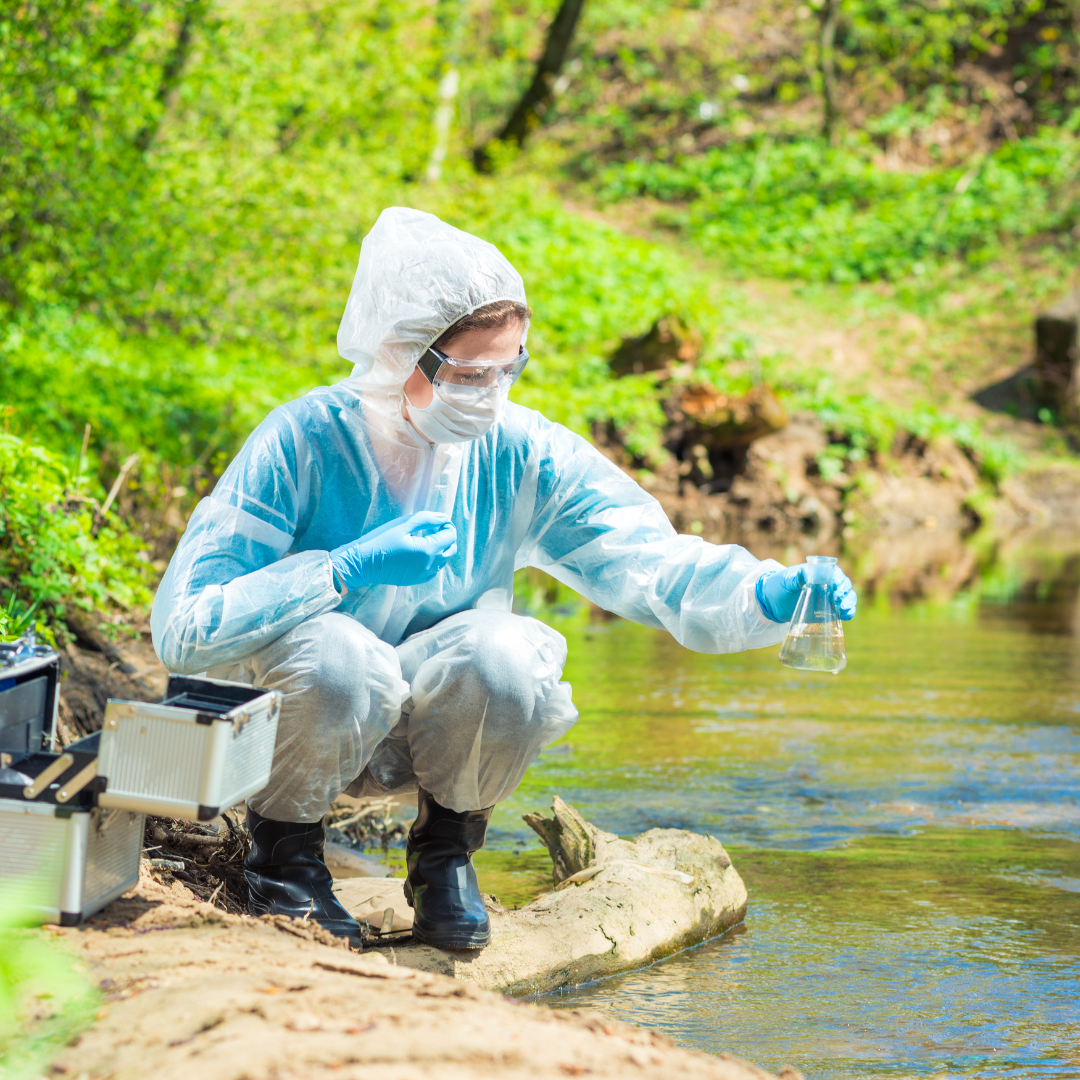
The environment around us is the basis of our life and runs like blood in the body. You cannot survive without the environment. The environment includes air, water, land, living things, and non-living things. It is found in our mother’s womb and on our planet. It is our responsibility to take care of our surroundings because it is the most precious thing to us. We cannot survive without the environment.
Environmental scientists study the chemistry of the air, land, and water. They collect and analyze data to understand more about the environment and how it reacts to changes. The world is full of challenges that may force us to stop, think and decide. One challenge that needs immediate attention is the need for more environmental scientists. An environmental scientist is a scientist who monitors and studies the impact of humans on the environment. They develop programs and strategies that help protect the environment. They are involved in researching and carrying out studies on the environment. They are also involved in the implementation of such programs.
Being an environmentalist isn’t just about saving the planet; this can be a career that’s very lucrative and beneficial. Environmental scientists are hired to help companies, governments, and people better handle environmental issues. The career offers a high salary and perks, and great opportunities for advancement. Plus, there are environmental scientist jobs at companies all around the country.
An environmental scientist is broadly defined as a person who is paid to study the physical and biological aspects of the environment. These professionals collect samples, conduct field experiments, analyze data, and draft reports on their conclusions. Environmental scientists work in offices, laboratories, and outdoors.
Health and life insurance
Being an environmental scientist means you are employed by a company whose goal is to protect the environment. These organizations, called government agencies, use scientific research to develop laws and regulations to prevent or reduce pollution and to reduce and control pollution. Environmental scientists also research to evaluate the effects of pollution on the environment. If you’re doing field studies, it can be a little risky, which is why most organizations that employ these scientists provide health and life insurance coverage to their employees. If you’re lucky enough too that you get to choose your own insurance company, then you can compare online and decide. According to life cover quotes, you could get some of the best policies with the lowest premiums out there. Environmental scientists help to protect our planet and keep its inhabitants safe, so it’s only fair they are fairly rewarded for it. They study issues like water quality, air pollution, air quality, and climate change, while also finding ways to clean up and prevent pollution, so it makes sense that they would need good insurance.
Being an environmental scientist gets you health and life insurance, no matter whether you are working as part of a big firm or a small laboratory. Your health and well-being are often in the interest of the firm you are working with. While big companies generally have a full-fledged partnership with insurance firms, even small firms have some sort of collaboration. In case you are part of a small organization, you may wish to look at jacksonville small business health insurance benefits (if that is where you live) to have a better idea about the same. For many people, the idea of insurance benefits may sound strange, but it shouldn’t be. This is because being an environmental scientist requires a lot of physical activity. It even sometimes involves hiking, rock climbing, kayaking, backpacking, and camping. These activities can increase your risk of injuries, and can even lead to death in worse cases. In such cases, people may need to have a backup financial policy for their families in the form of life insurance. Additionally, they might require a life insurance calculator to find out the amount they would need as insurance coverage before purchasing a policy. Often this can be done by adding up their annual income for a decade.
Coming back to the risks to environmental scientists, they are often exposed to harmful chemicals and toxins. This can another reason for them to be entitled to health and life insurance. And of course, this isn’t the only profession that rewards its employees with these benefits, there are more such professions. But yeah, if someone is self-employed, they need to buy a plan like those offered by Final Expense Direct (those interested may wish to look here) for themselves, so that their family is secured, after their death.
Moreover, though environmental scientists and environmentalists have health and life insurance, their benefits may not be as large as those enjoyed by other workers and occupations. According to the U.S. Bureau of Labor Statistics, the average rate for a 50-year-old male is $2,227 a year.
Pension plans
An environmental science degree is a great foundation for a career dedicated to environmental stewardship. With a degree in environmental science, you’ll have the knowledge base needed for a variety of careers in environmental consulting, toxicology, and health and medicine. And many of these careers provide pension options.
Being an environmental scientist gets you Pension plans
Being a scientist, you are employed on a contract basis, which causes you to worry about getting the pension entitlements as a Scientist under the 4th Schedule of the Pension Act. Moreover, Scientists are liable to pay the pension contributions under the 2nd Schedule of the Pension Act. But, these pension contributions are 5% less than the normal contribution.
Being an Environmental Science graduate makes you eligible for pension schemes provided by companies like Tata Steel, Jindal Steel and Power, and Vedanta. A career in environmental science also gets you recognition among peers and government officials alike.
It pays well
Environmental scientists study the natural world. They study the organisms that live in it, the rocks and soil they live in, and even the chemical content of the planet. Their job involves contributing to the conservation of natural resources and to managing their utilization.
Being an environmental scientist pays well, and the field is growing rapidly. In 2010, there were 29,000 jobs in the field. Today, that number is 61,000, and that number is expected to keep growing. One aspect of being an environmental scientist is assessing the environment and determining how human activities impact it, so it’s no surprise that environmental scientists often work in labs and often need to travel to various places to conduct their research. Environmental scientists generally need a bachelor’s degree in an environmental science field, such as biology, chemistry, geology, or physics.
